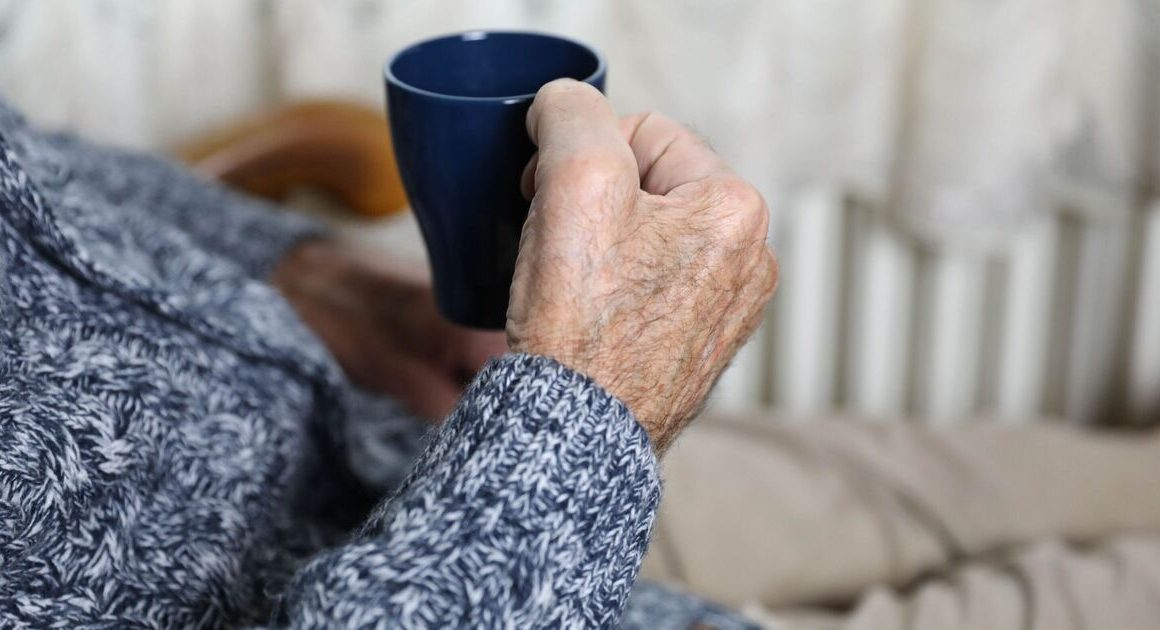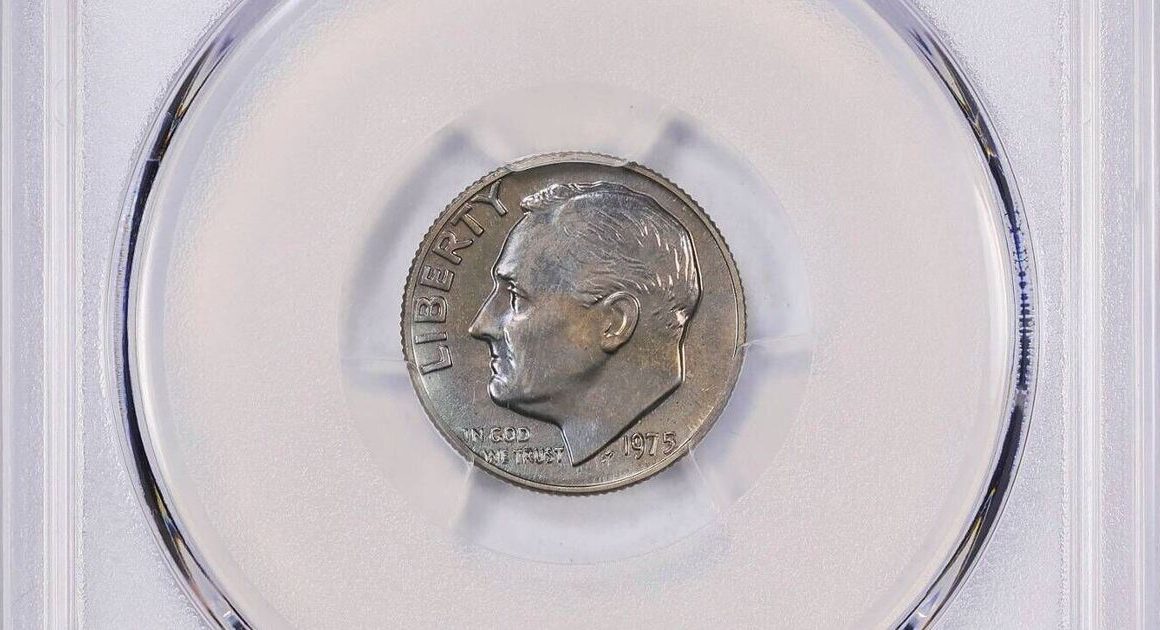Swedish pop legends ABBA have joined the growing list of artists, including Beyonce, Foo Fighters, Adele, and Guns N’Roses, who are telling former President Donald Trump to stop playing their music at his campaign events without permission.
The iconic group, famous for hits like Dancing Queen, Voulez-Vous, Waterloo, and the entire Mama Mia soundtrack, voiced their displeasure to Swedish newspaper Svenska Dagbladet about the use of their songs Dancing Queen, The Winner Takes It All and Money, Money, Money at a Trump rally in Minnesota on July 27.
Universal Music, ABBA’s record label, backed by the band members, stated: “Together with the members of ABBA, we have discovered that videos have been released where ABBA’s music has been used at Trump events, and we have therefore requested that such use be immediately removed and taken down,” No permission or licence had been granted for Trump – or any other Republicans – to use these songs at rallies and other political events.
Interestingly, Minnesota, where the songs were played, reportedly has the highest percentage of people with Swedish heritage. It remains to be seen whether ABBA or Universal Music will take legal action against the Trump campaign for using their songs. However, if they decide to pursue this course, they may face obstacles.
In the US, political campaigns can select any song registered with BMI, as long as they secure a Political Entities License. However, removing songs from this list is not straightforward – campaign organisers rarely check the database to confirm they have permission to use the song, according to Mirror US, and penalties for unauthorised usage appear to be few and far between, reports the Mirror.
The database boasts an impressive 20 million tracks. Several artists, including Foo Fighters, Celine Dion, Beyonce, Johnny Marr of The Smiths, the estate of late singer Sinead O’Connor, and the family of late soul singer Isaac Hayes, have asked Trump and his campaign to stop using their music.
The Hayes family even took legal action against the campaign, POLITICO Europe reported.
Dion mocked Trump’s use of her hit ‘My Heart Will Go On’ in August. Foo Fighters reacted to Trump’s use of one of their songs at an Arizona rally by promising to donate any profits from his or other Republicans’ streaming of their songs to Kamala Harris’ campaign.
Beyonce and her team forced Trump to take down a video featuring her song ‘Freedom’ after her label disputed its use. Harris quickly incorporated that song into her own campaign.
In the 2016 and 2020 election cycles, music icons such as Adele, Aerosmith, and Guns N’ Roses lambasted Donald Trump for unauthorised use of their tracks at his campaign events. Axl Rose of Guns N’ Roses took to Twitter in 2018, stating: “Trump campaign is using loopholes in the various venues’ blanket performance licences which were not intended for such craven political purposes, without the songwriters’ consent,” a situation POLITICO Europe referred to as Trump’s Waterloo, cleverly alluding to ABBA’s famous tune.
Music has long been a cornerstone in the theatre of American politics, with ear-catching melodies and slogans frequently tipping the scales of public sentiment towards a candidate.
Take the legendary campaign of former President Dwight D. Eisenhower; his 1952 ‘I Like Ike’ advertising blitz was nothing short of a masterstroke. The commercials featured an endearing animated version of Eisenhower, fondly dubbed Ike, while legions of supporters paraded down city streets.
The sheer simplicity yet effectiveness of this campaign tactic culminated in a landslide win for Eisenhower, as the ‘I Like Ike’ refrain captured the hearts of voters across the country. In more recent developments, Donald Trump has sparked controversy with his bizarre assertion that Kamala Harris could plunge the US into ‘nuclear WW3’, part of an odd outburst.
As the 2024 election looms, the ongoing music rights conflict could play a decisive role, especially given that most complaints about non-consensual usage appear to be linked to the Trump campaign’s penchant for playing their songs.
If the artists succeed in withdrawing their songs from the political database, yet permit the Harris campaign to utilise them, it would create a two-fold impact. Trump’s campaign would be barred from using these songs and would have to seek other methods to attract voters.
Meanwhile, the artists, many with substantial fan bases, would be endorsing the opposing candidate, thereby influencing their fans to do the same.











